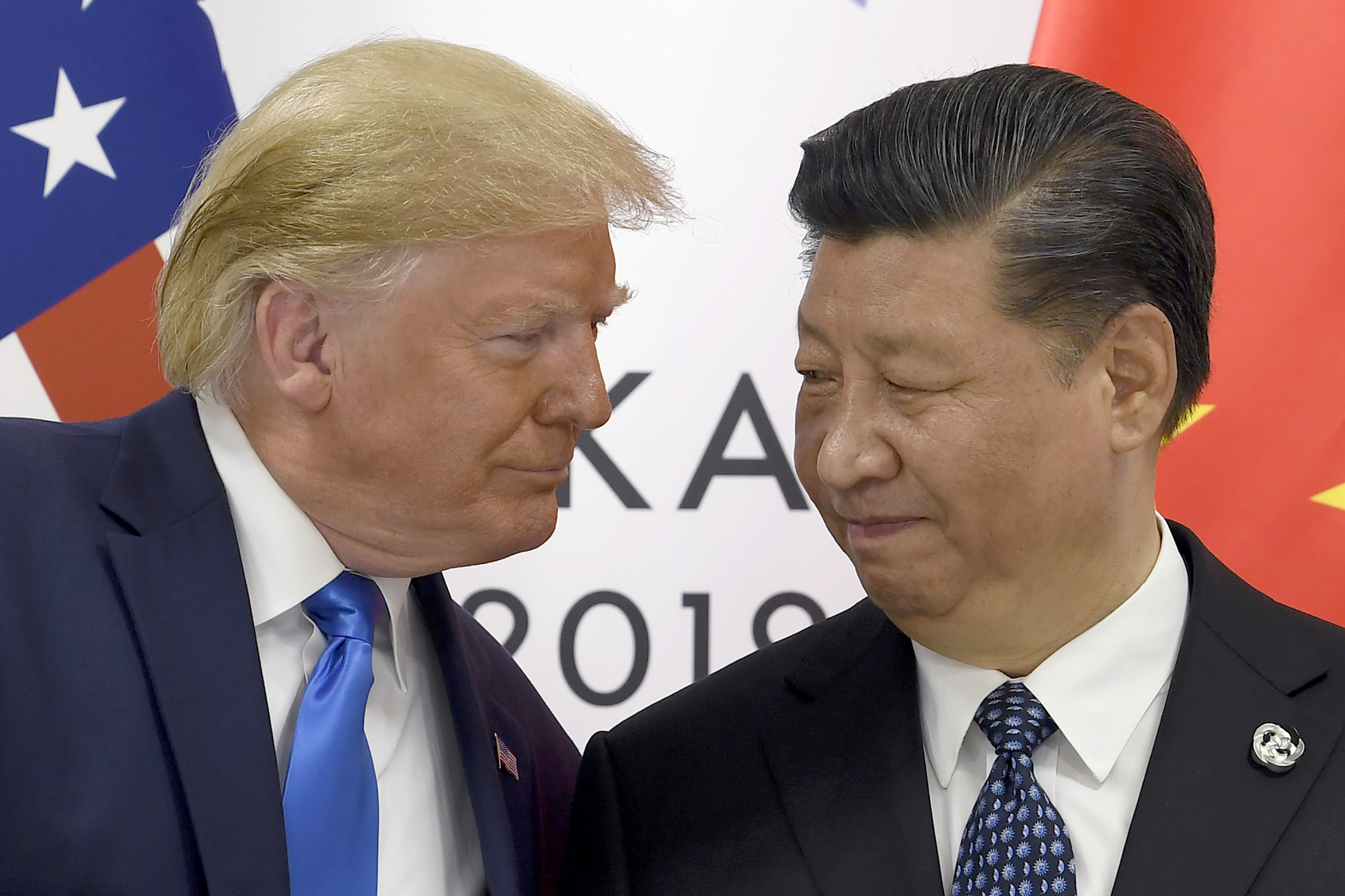The collateral damage of the United States' trade wars is being felt from the fjords of Iceland to the auto factories of Japan.
Central bank governors and finance ministers traded grim tales of suffering economies at the International Monetary Fund and World Bank fall meetings in Washington last week. Some also noted how far U.S. policy had shifted from the 1940s, when Washington cofounded the IMF.
At that time, "the world economy had been hammered for over a decade by high tariff barriers, depression and war," prompting then-U.S. Treasury Secretary Henry Morgenthau to champion a global economic system, World Bank President David Malpass told attendees at a session last week.
















With your current subscription plan you can comment on stories. However, before writing your first comment, please create a display name in the Profile section of your subscriber account page.